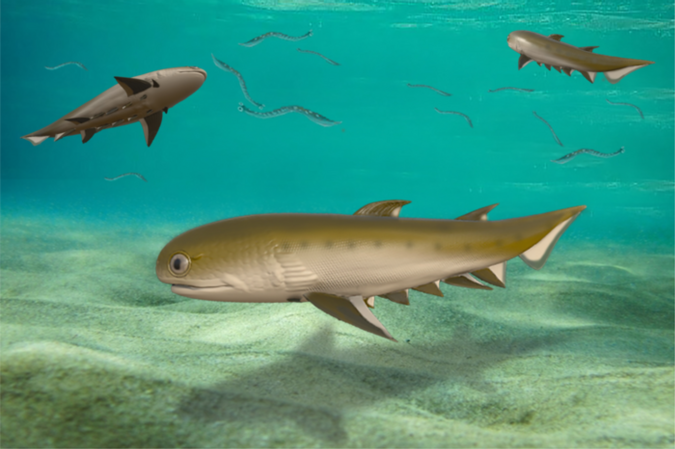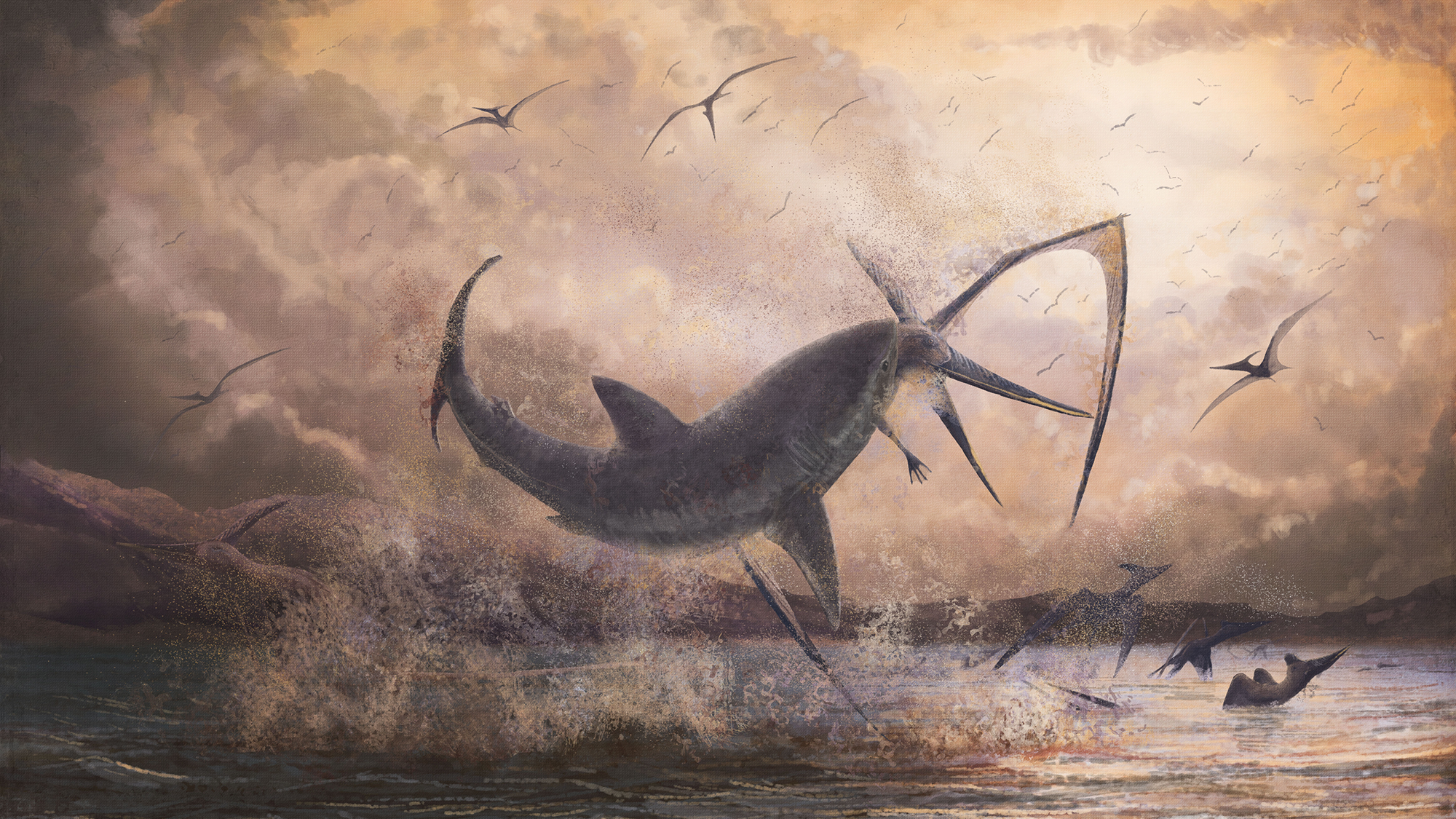The study published in Current Biology suggests that some sharks evolved to become faster and larger during a significant warming event about 93 million years ago in the Cretaceous period. This warming was caused by massive volcanic activity that released high levels of carbon dioxide, leading to a greenhouse effect and elevated ocean temperatures.
As a response to these warmer waters, certain shark species developed elongated pectoral fins. These adaptations allowed them to move more efficiently and transition from bottom-dwelling habitats to the open ocean, where they could pursue different prey. The elongated fins functioned similarly to airplane wings, reducing energy expenditure during movement.

Researchers from the University of California, Riverside, analyzed over 500 fossilized shark species to track changes in fin structure over time. They found that as sharks moved into open waters, they also became faster swimmers. The study highlighted that shark muscle efficiency is closely tied to water temperature, suggesting that higher temperatures in the Cretaceous period likely facilitated faster swimming speeds.
Today, most shark species are bottom dwellers, living near the ocean floor in the benthic zone. Only a small percentage, about 13%, are fast-swimming open-water predators like great whites. Current sea surface temperatures average around 68 degrees Fahrenheit, significantly lower than the estimated average of 83 degrees Fahrenheit during the Cretaceous warming event.
While the study sheds light on ancient shark evolution in response to warming climates, it also raises concerns about the rapid pace of modern-day climate change. Unlike past warming events which occurred over longer periods, today’s global warming is happening much faster. This rapid change poses uncertainties about how modern sharks and other marine species will adapt to increasingly warmer oceans.
Overall, the study underscores the complex interplay between environmental change and evolutionary adaptations in sharks, providing insights into how these apex predators have responded to past climatic shifts and the challenges they face in the current era of rapid global warming.
